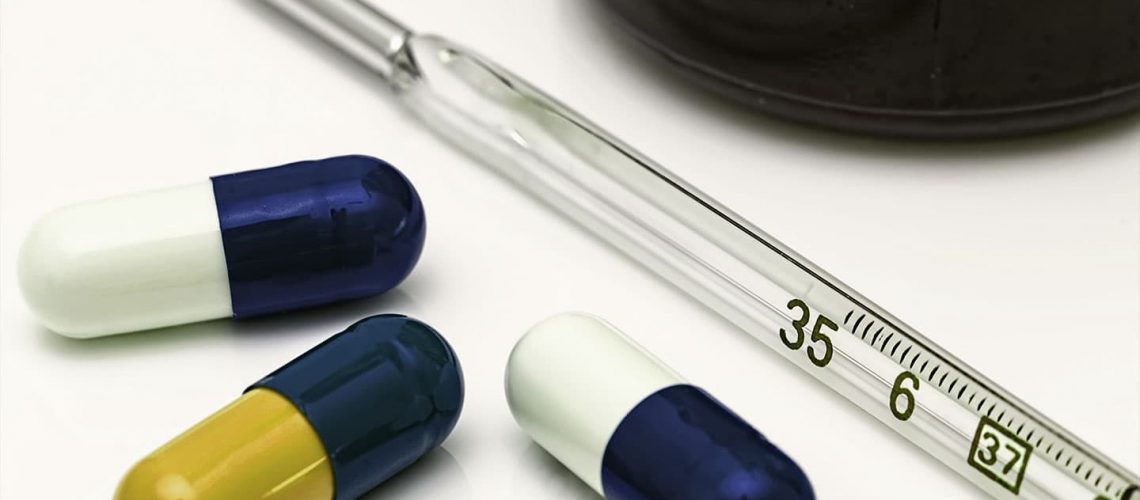Digest This
Click on the topics below to learn how probiotics can improve your digestive health, naturally.

Can Probiotics Reduce the Need for Antibiotics?
- @drHoberman
- Healthy Aging, Probiotics
If you follow our blog regularly, you’re very aware of the many problems associated with antibiotics.
Patients have leaned on antibiotics so much over the years as go-to drugs to feel better in a hurry that doctors have tended to over-prescribe them.
All too often, doctors will give in to their patients, even for relatively minor health problems caused by viruses (colds, bronchitis and sore throats) that don’t respond to antibiotics in the first place or bacterial infections (many ear and sinus infections) that often aren’t necessary.
Every year, some 47 million prescriptions written for antibiotics are completely unnecessary, according to the CDC. At least half of the antibiotic prescriptions written for bacterial infections are unwarranted too.
This excess use has created an environment in which antibiotic resistance has become far too common. At least 2 million Americans are infected by antibiotic-resistant bacteria annually and some 23,000 will die from exposure to infections, including superbugs like Clostridium difficile (C. diff).
That’s only about 75 years removed from the introduction of penicillin, the first commercially available antibiotic during World War II, in 1943, and a drug that was discovered almost by accident.
However, the tide may be starting to turn away from the excessive use of antibiotics, thanks to the timely use of probiotics, according to a recent report published in the European Journal of Public Health.
Based on a review of a dozen studies, researchers from the U.S. Netherlands and U.K. discovered children and babies were 29 percent less likely to be prescribed antibiotics if they were taking a daily probiotic.
Even more encouraging, a second look at studies that researchers judged to be of the highest quality saw those numbers of probiotic-protected children jump to 53 percent.
“More studies are needed in all ages, and particularly in the elderly, to see if sustained probiotic use is connected to an overall reduction in antibiotic prescriptions. If so, this could potentially have a huge impact on the use of probiotics in general medicine and consumers in general,” says Dr. Sarah King, lead author of the study.
Not surprisingly, the probiotics children were taking in these studies contained strains of Bifidobacterium and Lactobacillus, some of the very same ones in EndoMune Jr. and EndoMune Advanced Probiotic.
Even if you or your family need to take antibiotics when you’re sick, it’s critical to recognize how these drugs can shift the balance of beneficial bacteria in your gut and affect your recovery.
If you’re unsure how to maximize the benefits of taking a probiotic when prescribed an antibiotic, I urge you to review my recently updated and very easy-to-follow probiotic protocol.
Also, check with your doctor before taking a probiotic if you have any concerns, especially if you’re taking immunosuppressant drugs or antifungal products for a health condition.
There Is An Endomune Probiotic For Every Lifestyle
-
EndoMune Metabolic Rescue
$44.95 -
EndoMune Advanced Probiotic
$42.95 -
EndoMune Companion Pack
$112.93









